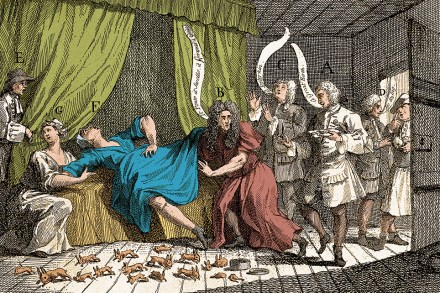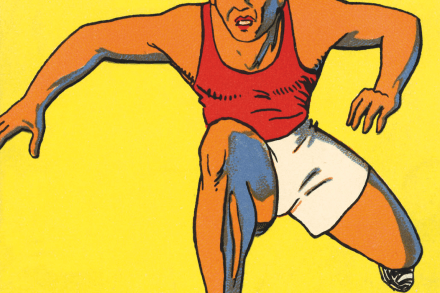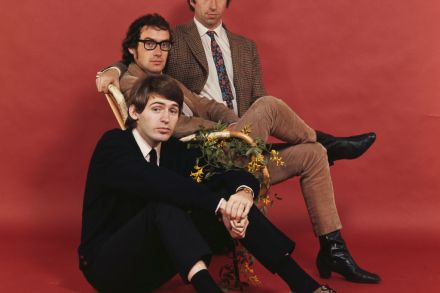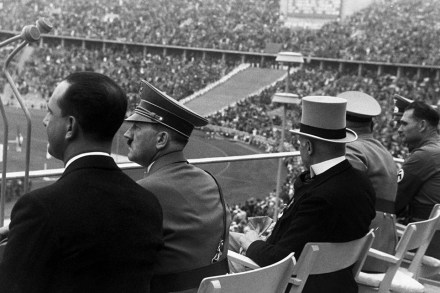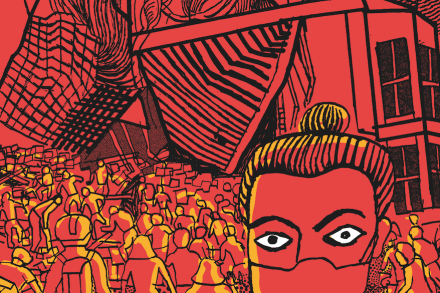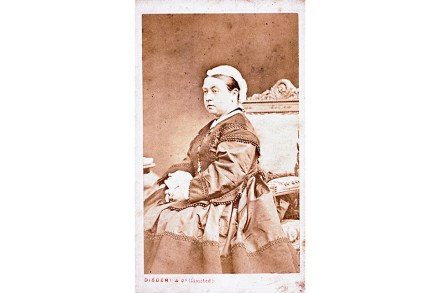Making the fur fly: Mary and the Rabbit Dream, by Noémi Kiss-Deáki
Mary Toft seems to be having something of a moment. The English 18th-century peasant who stunned society with her claim to have given birth to rabbits has been the focus of a suite of recent books, including Dexter Palmer’s Mary Toft, or the Rabbit Queen (2019) and Karen Harvey’s The Imposteress Rabbit Breeder (2020). There was even a nod to Toft in the 2018 film The Favourite. Queen Anne, played by Olivia Coleman, had 17 rabbits, one for every child she’d miscarried – a reference to Toft’s 17 ‘miraculous’ rabbit births. It’s not hard to see why Toft’s grotesque story still captivates us. In 1726, a poor young woman in
